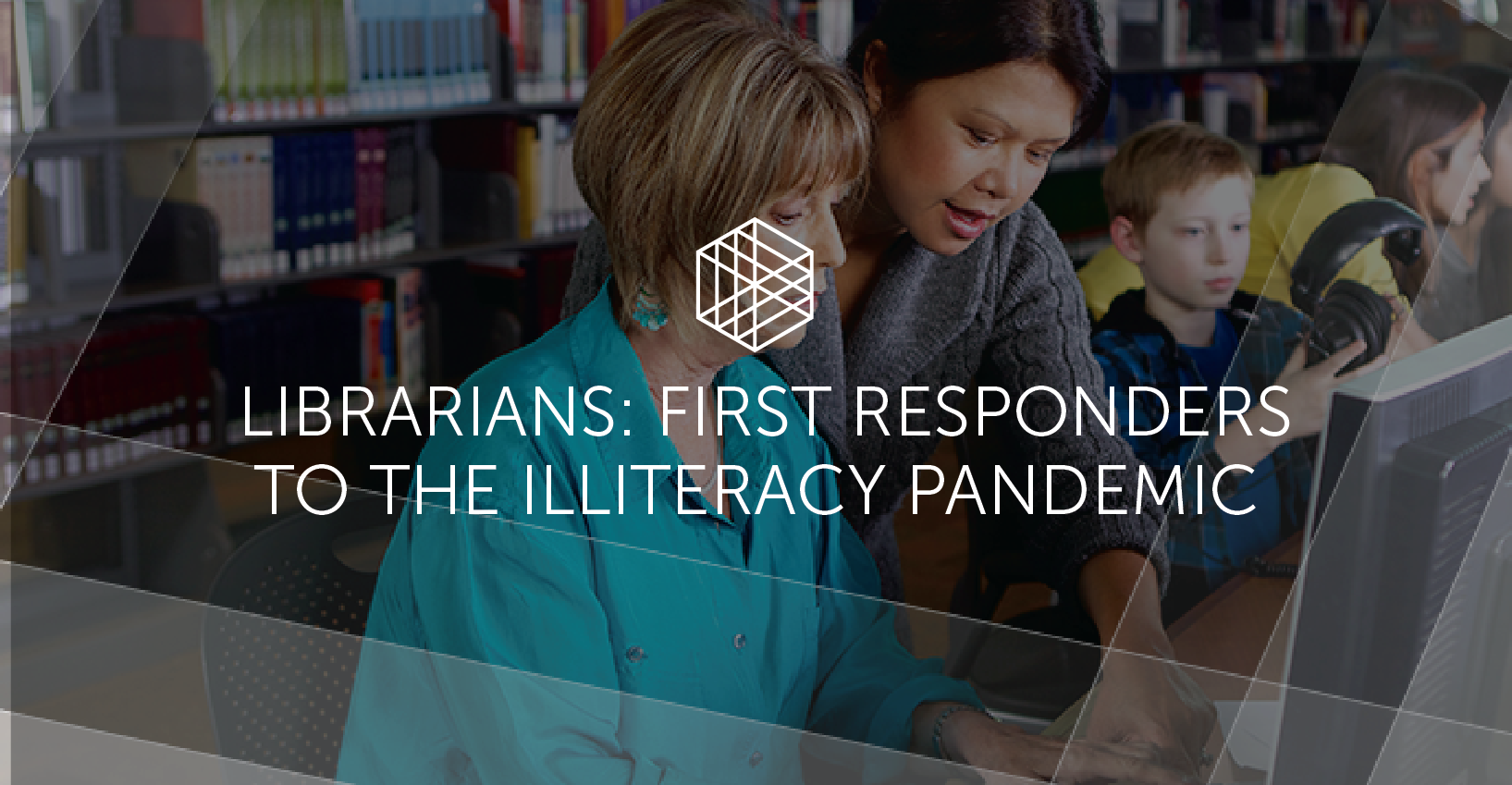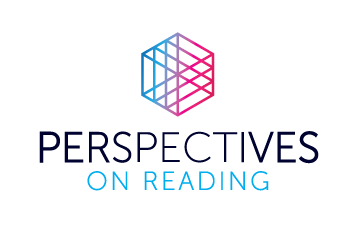Librarians: First responders to the illiteracy pandemic

By Steve Potash, Publisher | December 2019
Over the past few months, I’ve had the opportunity to work with Lord John Bird to advocate for additional government funding for public libraries in the UK. The Big Issue and CILIP, with Lord Bird, published Public Libraries: The Case for Support, a well-researched study on the pressing need for public libraries in our communities. In getting to know Lord Bird, I’ve admired his transparency regarding the hardships of his youth and how it shaped his view of the world. At five, his family was homeless, and as a child, he spent two and a half years living in an orphanage. Growing up, he found meager work, including a two-week stint as a dishwasher at the House of Lords. He supplemented his sparse income through stealing, which eventually landed him in prison. It was in prison that Lord Bird was taught to read and write by prison guards. He has since devoted his adult life to improving conditions for the poor and promoting literacy.
When we launched Perspectives on Reading in June 2018, I wrote about how we all can support those on the front lines of literacy. My focus was on illiteracy’s impact on childhood development and the important role librarians play in filling the gaps. Data in The Case for Support further highlight the correlation between libraries and literacy. According to a 2011 study by the National Literacy Trust, young people who use their public library are twice as likely to be reading above their expected age and, conversely, young people who do not use their public library are twice as likely to be reading below their expected age.
My concerns about reading abilities go well beyond childhood. Adult literacy in the United States and around the globe is at a crisis point, with the most vulnerable and marginalized members of our society at the greatest risk. This includes those in the U.S. who speak English as a second language, those who struggle with financial literacy and numeracy, and incarcerated individuals. Just like in combating traditional illiteracy, librarians continue to be first responders to this illiteracy pandemic.

ESL
Libraries are essential to those in our communities who are learning English as a second language (ESL). U.S. data from Pearson Education indicates that in 2015 there were nearly 26 million individuals in need of English literacy. Classified as Limited English Proficient, these individuals represent 9 percent of the total U.S. population over the age of five. The same data shows there are 1.5 million adults enrolled in adult education programs, of which 44 percent are English Language Learners. But because most states have class wait lists and limited budgets, these numbers represent a fraction of the adults in need of English language education. Many already possess low literacy skills in their native language, which means learning English as a second language compounds the challenge of acquiring basic literacy skills.
Libraries that serve diverse communities see this impact firsthand. Along with providing English learning programming, many libraries develop their collection to meet the current language needs of ESL readers. This includes purchasing titles in a variety of languages and using OverDrive’s multilingual interface to promote ebook and audiobook titles to their readers.
Financial literacy
Financial literacy is a set of knowledge and skills that enable an individual to make sound financial decisions, such as opening a credit card or understanding the terms of a loan. A 2018 National Financial Capability Study found that two-thirds of American adults can’t pass a basic financial literacy test. Alarmingly, this number has steadily increased since 2009.
Libraries have responded with programming that provides financial training and resources. The American Library Association believes so strongly in the library’s role as a proponent of financial literacy that it conducts Money Smart Week in April, which is also Financial Literacy Month in the U.S.
Numeracy
I serve on a local hospital board and through that experience I’ve become familiar with real issues of numeracy. Numeracy is the ability to understand and work with numbers. This is critical when patients or caregivers deal with dosage and frequency of medications. There can be life-threatening consequences when patients’ and/or caregivers’ lack of numeracy affects pre- and post-clinical instruction (for example, 10 mL 3 times a day).
Yes, our math teachers in school were right when they told us that math was a skill we would need later in life. The challenge is that our use of everyday math isn’t about solving complex equations but basic life skills, such as counting money, weighing and measuring ingredients for a recipe (including doubling it for more guests), using spreadsheets, calculating a tip at a restaurant, and even understanding the data provided in this editorial.
For many of us, these are skills we take for granted, but for others, they struggle to understand and use math and numbers every day.

The prison population
Today in the U.S., there are approximately 2.3 million persons incarcerated in jails, prisons, and detention centers. Studies indicate that as many as 75 percent of all incarcerated individuals are illiterate. Prison libraries and librarians should be looked upon as an essential resource, as was the case in the early life of Lord Bird.
In too many prisons, inmates who want to read and educate themselves find barriers are in place that limit their access, even to ebooks. In West Virginia, inmates are charged 3-5 cents per minute to read on a tablet books from Project Gutenburg, public domain titles that are otherwise available for free. Prisons continue to limit access to books even though data supports reading as a proven method for reducing recidivism. In 2016, The RAND Corporation produced a report that showed that individuals who participate in any type of educational program while in prison are 43 percent less likely to return to prison. Prison reform and reducing recidivism need to start with providing better access to books, not limiting it.
At OverDrive, we believe in a “world enlightened by reading.” We see the great work of educators and librarians everyday promoting books and reading to change lives and strengthen communities. The crisis of illiteracy permeates all corners of our society. We need to continue to support libraries and librarians for the crucial work they do to combat illiteracy.


